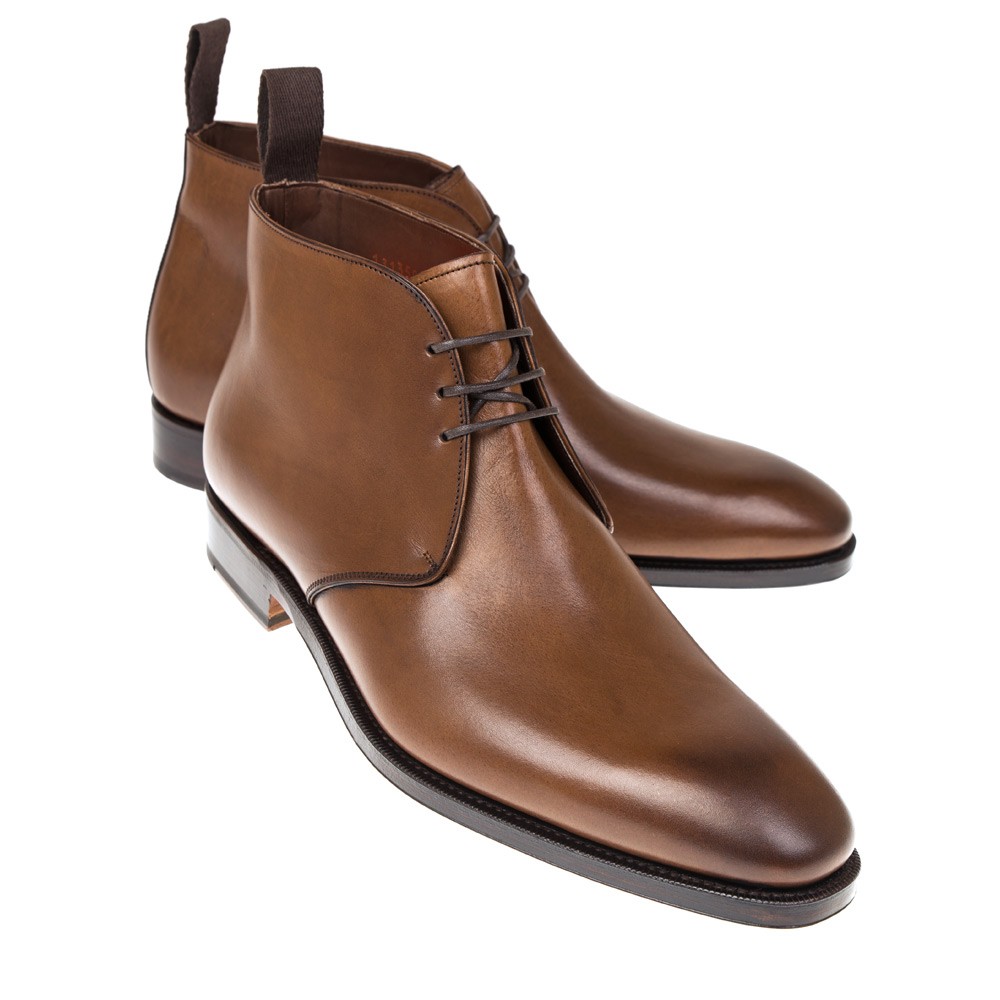- Joined
- Dec 26, 2003
- Messages
- 3,853
- Reaction score
- 1,115
this article was printed in MR magazine email newsletter
In The News
Bamboo ban hints at crackdown on green claims
February 09, 2010
Question: When is bamboo not bamboo? Answer: When it's used to make clothing.
At least that's according to regulators in the US and Canada, who are cracking down on marketing claims that could be misleading or deceptive in their efforts to appeal to environmentally conscious shoppers.
They argue that even if clothing and other textiles are made from a material that may have started out as bamboo, the fibres are in fact based on the plant's cellulose which is broken down by a chemical process.
And because rayon (or viscose) is, by definition, a man-made fibre created from the cellulose found in plants and trees, these fibres are rayon too. Any plant or tree - including bamboo - could be used as the cellulose source; but the fibre that is created is rayon.
And as if that wasn't bad enough, the fibres' eco-friendly claims are also being dismissed.
Bamboo fibres - or 'rayon from bamboo' or 'viscose from bamboo' as we should probably now call them - were initially touted as a sustainable alternative to cotton, silks and polyesters.
This was due to the fact they are based on a fast-growing plant that grows quickly with little or no need for pesticides and is harvested without destroying the root system, which allows for rapid replenishment.
But it seems there is also controversy over the green status of bamboo fabrics, due to the fact toxic chemicals are needed to process the tough cellulose bamboo plant into soft fibres. The process itself also releases pollutants into the air.
"Extracting bamboo fibres is expensive and time-consuming," the US Federal Trade Commission claims, "and textiles made just from bamboo fibre don't feel silky smooth."
It also says there's also no evidence that rayon made from bamboo retains the antimicrobial properties of the bamboo plant, as some sellers and manufacturers claim, or that that the products are biodegradable.
The US and Canada started to step up their efforts to police the use of, and claims made for, bamboo in clothing last year.
Canada's Canada's Competition Bureau last week claimed more than 450,000 clothing and textile articles have now been re-labelled as rayon or viscose as a result of its campaign. And the FTC has most recently warned 78 retailers including Wal-Mart, Target and Kmart - they may be fined unless they stop advertising rayon textile products as bamboo.
It's easy to understand the FTC's concerns that shoppers might be "greenwashed" as more and more companies jump on the bandwagon to launch eco-friendly products invariably accompanied by higher price tags.
But there is also a strong chance this is the beginning of a wider shift towards tighter standards for eco-friendly claims.
The FTA is currently in the process of updating its environmental marketing guidelines, or Green Guides, which are designed to help marketers avoid making environmental claims that are unfair or deceptive.
Last updated in 1998, they also tackle specific green claims, such as biodegradable, compostable, recyclable, recycled content, and ozone safe and even organically labelled textiles.
Discussions back in 2008 gave some hint at what textile and clothing firms will be up against - and where they might need to be clearer in future to avoid ambiguities. Terms such as "green," "eco-friendly," and "sustainable" were highlighted as misleading for consumers.
As was the labelling of a T-shirt, for example as "100% organic." Does this refer to the fabric, sewing thread, hang tag and packaging, or just one component?
It's all food for thought and, given the precedent already set by bamboo, it's not unreasonable to assume that tougher enforcement will be on the agenda.
In The News
Bamboo ban hints at crackdown on green claims
February 09, 2010
Question: When is bamboo not bamboo? Answer: When it's used to make clothing.
At least that's according to regulators in the US and Canada, who are cracking down on marketing claims that could be misleading or deceptive in their efforts to appeal to environmentally conscious shoppers.
They argue that even if clothing and other textiles are made from a material that may have started out as bamboo, the fibres are in fact based on the plant's cellulose which is broken down by a chemical process.
And because rayon (or viscose) is, by definition, a man-made fibre created from the cellulose found in plants and trees, these fibres are rayon too. Any plant or tree - including bamboo - could be used as the cellulose source; but the fibre that is created is rayon.
And as if that wasn't bad enough, the fibres' eco-friendly claims are also being dismissed.
Bamboo fibres - or 'rayon from bamboo' or 'viscose from bamboo' as we should probably now call them - were initially touted as a sustainable alternative to cotton, silks and polyesters.
This was due to the fact they are based on a fast-growing plant that grows quickly with little or no need for pesticides and is harvested without destroying the root system, which allows for rapid replenishment.
But it seems there is also controversy over the green status of bamboo fabrics, due to the fact toxic chemicals are needed to process the tough cellulose bamboo plant into soft fibres. The process itself also releases pollutants into the air.
"Extracting bamboo fibres is expensive and time-consuming," the US Federal Trade Commission claims, "and textiles made just from bamboo fibre don't feel silky smooth."
It also says there's also no evidence that rayon made from bamboo retains the antimicrobial properties of the bamboo plant, as some sellers and manufacturers claim, or that that the products are biodegradable.
The US and Canada started to step up their efforts to police the use of, and claims made for, bamboo in clothing last year.
Canada's Canada's Competition Bureau last week claimed more than 450,000 clothing and textile articles have now been re-labelled as rayon or viscose as a result of its campaign. And the FTC has most recently warned 78 retailers including Wal-Mart, Target and Kmart - they may be fined unless they stop advertising rayon textile products as bamboo.
It's easy to understand the FTC's concerns that shoppers might be "greenwashed" as more and more companies jump on the bandwagon to launch eco-friendly products invariably accompanied by higher price tags.
But there is also a strong chance this is the beginning of a wider shift towards tighter standards for eco-friendly claims.
The FTA is currently in the process of updating its environmental marketing guidelines, or Green Guides, which are designed to help marketers avoid making environmental claims that are unfair or deceptive.
Last updated in 1998, they also tackle specific green claims, such as biodegradable, compostable, recyclable, recycled content, and ozone safe and even organically labelled textiles.
Discussions back in 2008 gave some hint at what textile and clothing firms will be up against - and where they might need to be clearer in future to avoid ambiguities. Terms such as "green," "eco-friendly," and "sustainable" were highlighted as misleading for consumers.
As was the labelling of a T-shirt, for example as "100% organic." Does this refer to the fabric, sewing thread, hang tag and packaging, or just one component?
It's all food for thought and, given the precedent already set by bamboo, it's not unreasonable to assume that tougher enforcement will be on the agenda.




